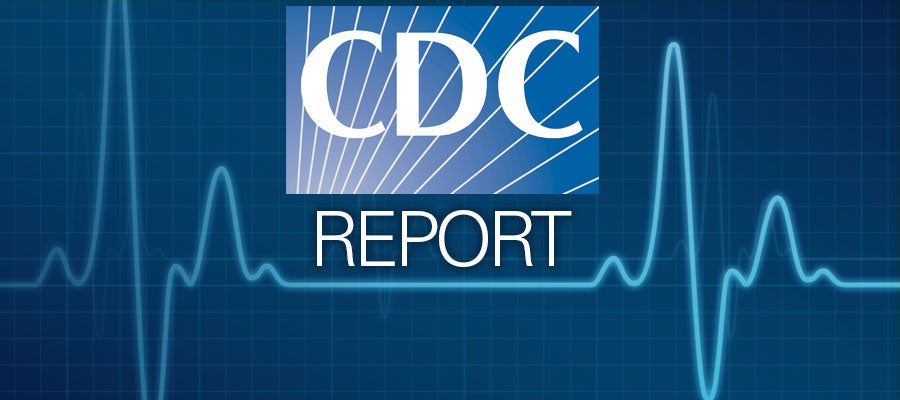
The House by voice vote passed the Coronavirus Aid, Relief, and Economic Security (CARES) Act (H.R. 748). The legislation is the third large-scale congressional effort in response to the novel coronavirus (COVID-19) outbreak. The Senate passed the bill 96-0. President Trump is expected to sign it.







